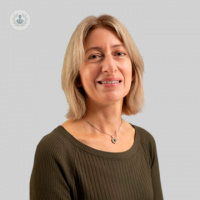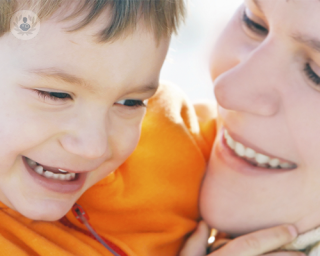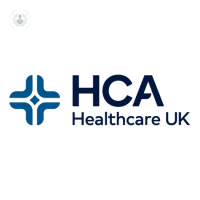Preventive paediatrics
Dr Margarita Burmester - Paediatrics
Created on: 06-17-2013
Updated on: 09-08-2023
Edited by: Kate Forristal
What is preventive paediatrics?
Preventive paediatrics, also known as paediatric preventive care or paediatric well-child care, is a specialised branch of medicine that focuses on maintaining and promoting the health and well-being of children from birth through adolescence. It is centred around the idea that proactive measures, including routine check-ups, immunisations, health education, and early intervention, can help prevent or detect health issues in children before they become more serious.
General practitioners and specialist paediatricians offer preventive paediatric care.

How can doctors monitor children’s development and general health?
Regular check-ups with a medical professional to control height, weight and physical development contribute towards a child’s general health and wellbeing. In addition, a number of practices can support children’s health as they grow, including:
- following vaccination guidelines
- adhering to nutritional guidance
- screening for genetic diseases where there is a family history
- promotion of activities that encourage mental wellbeing
Which health issues typically affect children?
- childhood obesity
- dental or oral health problems
- asthma
- allergies
- chickenpox
- impetigo
- conjunctivitis
- iron deficiency
- fatigue
- urinary tract infections
Why is preventive paediatric care important?
Maintaining regular contact with medical professionals throughout childhood supports individuals with all kinds of health issues as they grow into adulthood. A wide range of early symptoms and indicators of health problems can be picked up quickly if children have frequent check-up visits with their general practitioner.
Additionally, a preventative approach, as opposed to curative, often means that patients have a greater choice of treatment options should they be necessary.
Also, children who have had regular contact with health professionals in childhood may be more likely to monitor their own health carefully and be aware of changes in their bodies as they continue into adulthood.






